Factors Influencing Tree Pruning Expenses
Discover key elements like tree height, health, and location that impact the overall cost of pruning work.
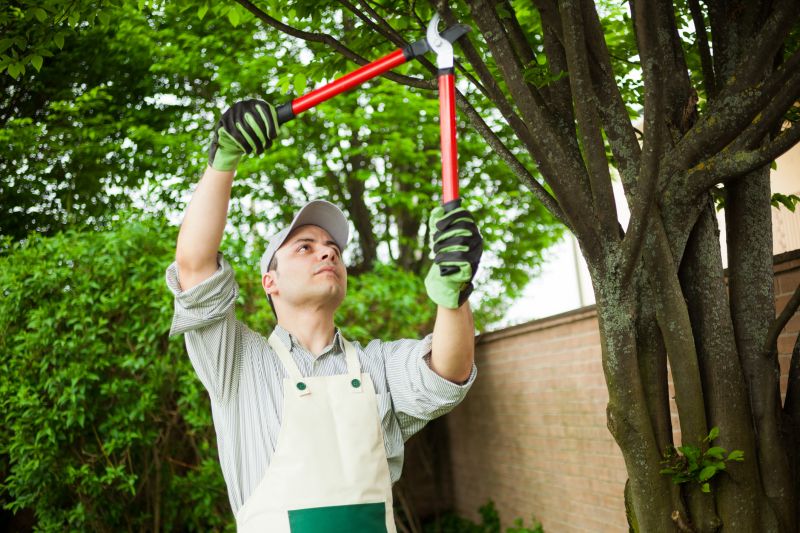
Tree Size
Larger trees typically require more labor and equipment, increasing pruning costs.
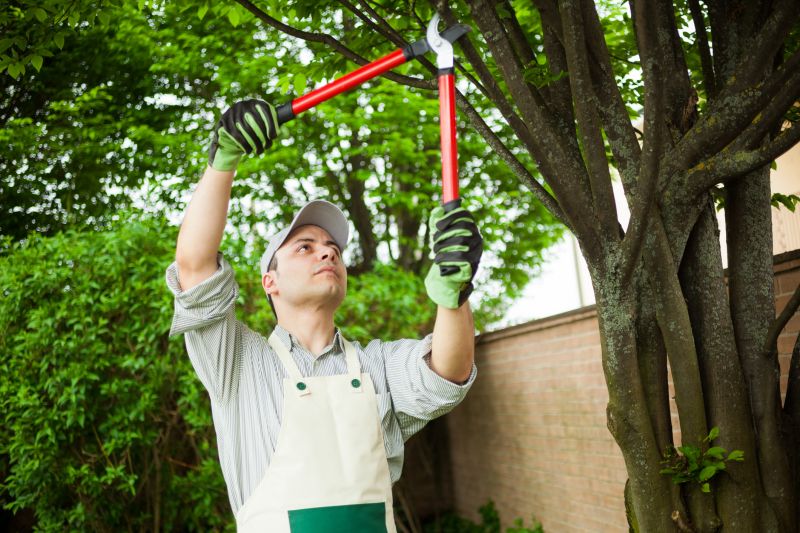
Pruning Scope
Extensive pruning or shaping can lead to higher service charges.
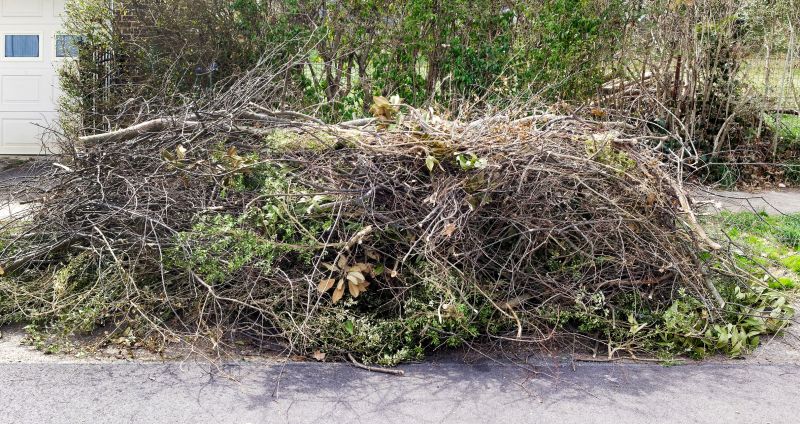
Disposal Methods
Cost varies depending on whether debris is chipped on-site or hauled away.
| Factor | Impact on Cost |
|---|---|
| Tree Size | Larger trees increase labor and equipment costs |
| Number of Trees | More trees mean higher total expenses |
| Pruning Complexity | Intricate pruning elevates labor time and cost |
| Access Difficulty | Hard-to-reach trees require specialized equipment |
| Debris Disposal | On-site chipping vs. hauling affects overall price |
| Location | Urban areas may incur higher service fees |
| Season | Peak seasons can increase demand and pricing |
Property owners should consider these factors when budgeting for tree pruning services. Proper planning ensures that the necessary work is completed efficiently while managing costs effectively. Regular pruning can also prevent more extensive and costly interventions in the future.
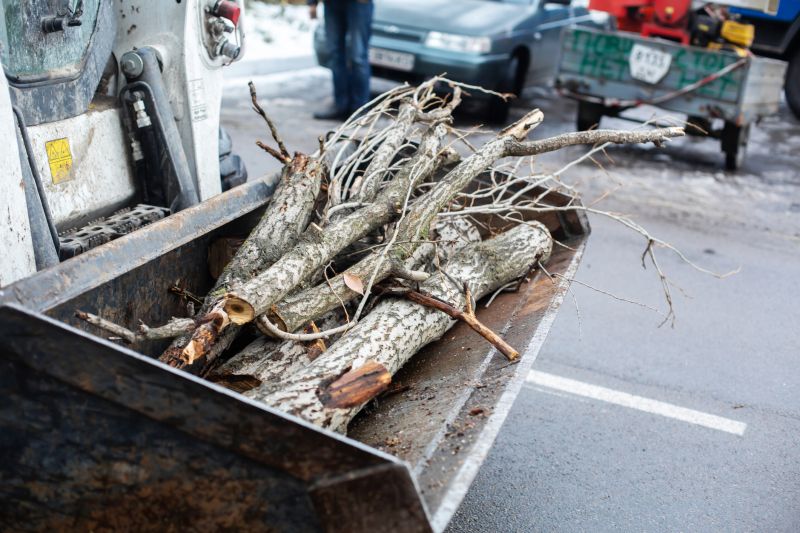
Branch Removal
Cost varies with branch size and number, affecting labor time.
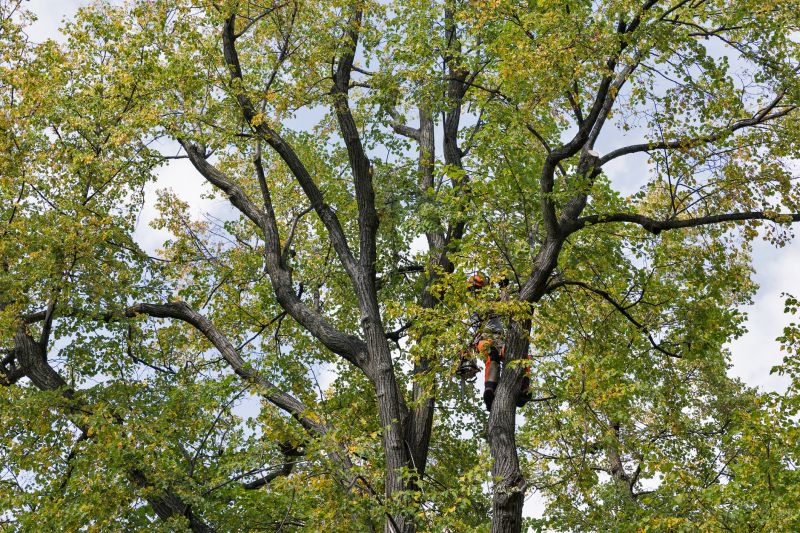
Crown Thinning
Selective branch removal to reduce weight and improve health.
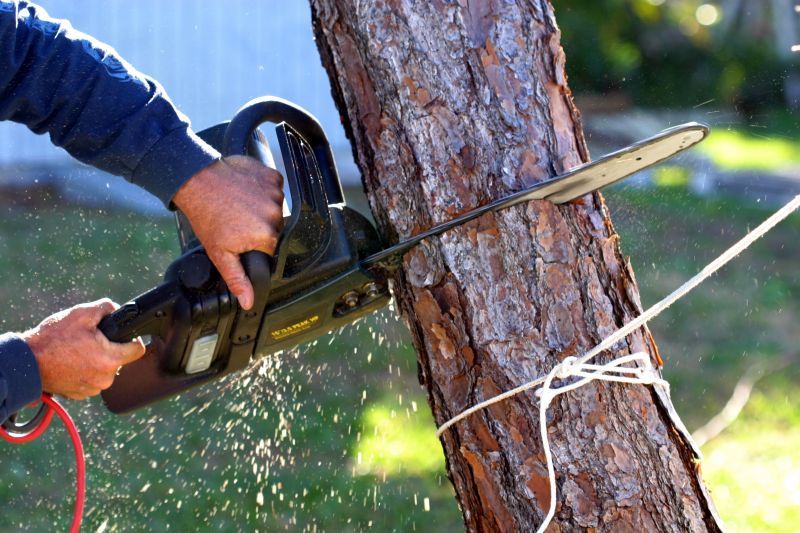
Deadwood Removal
Removing dead branches to prevent hazards and promote growth.
| Service | Average Cost Range |
|---|---|
| Basic Tree Pruning | $150 - $400 |
| Crown Thinning | $200 - $600 |
| Deadwood Removal | $100 - $300 |
| Structural Pruning | $250 - $700 |
| Formative Pruning | $150 - $500 |
| Emergency Pruning | $300 - $900 |
| Large Tree Pruning | $500 - $2000 |
| Shaping and Cosmetic Pruning | $200 - $800 |
| Hazard Tree Pruning | $400 - $1500 |
| Routine Maintenance | $100 - $300 |
